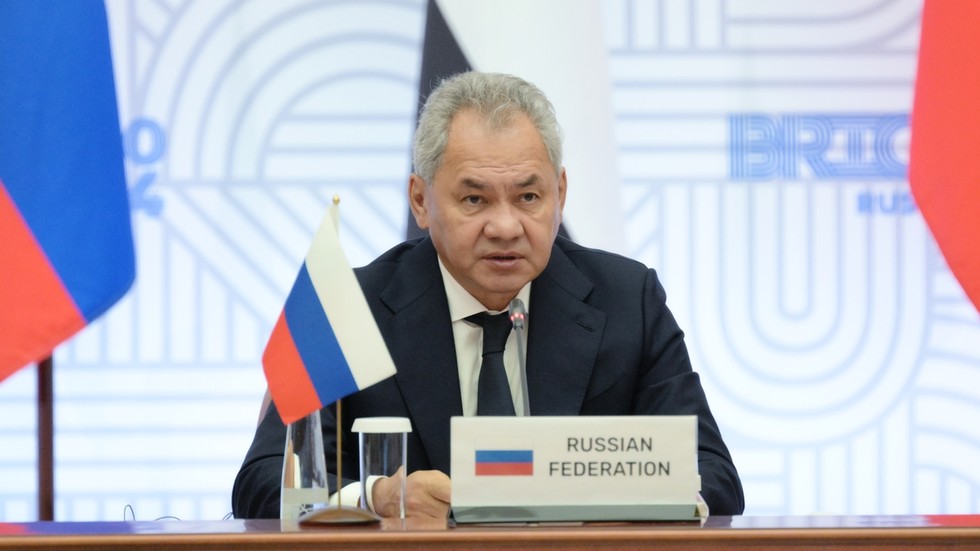After ascending to the throne following his father Juan Carlos I's dramatic abdication, Felipe VI oversaw a politically tumultuous time in which Spain dealt with several political earthquakes, including the 2017 Catalan independence crisis.
To mark the celebrations of his 10 years of reign, King Felipe VI appeared on the balcony of the Royal Palace of Madrid, accompanied by Queen Letizia, Princess Leonor, and Infanta Sofía on Wednesday.
A decade ago, Felipe VI ascended to the throne following the turbulent abdication of his father, Juan Carlos I, due to numerous public and private scandals.
Since then, the monarch has focused his efforts on renewing the monarchy and restoring its transparency and integrity.
"He is a good person and what happened, happened. And I would like the family to be left alone," expressed a woman in the crowd, reflecting the sentiment of many Spaniards who gathered this Wednesday at the Royal Palace of Madrid.
Institutional renewal
During this decade, the Spanish king has also had to make painful personal decisions to distance the monarchy from past scandals.
This meant separating from his sister, Infanta Cristina, due to the corruption cases involving her husband, Iñaki Urdangarín, and managing his relationship with his father, who moved to Abu Dhabi in 2020 and continues to reside outside of Spain.
"He has tried to distance himself from all the scandals, keeping the monarchical institution completely out of it. I think he has done it very correctly," said another attendee of the ten-year reign celebration.
The future of the monarchy now rests with Princess Leonor, who has reached the age of majority and has already sworn to uphold the country's constitution.
The coming years of Felipe VI's reign will be crucial to restoring confidence in the monarchy and reconnecting with Spanish society before passing the throne to his heir.
Decade of challenges
One of Felipe VI's biggest challenges was the Catalan independence referendum in 2017, when the king addressed the nation to emphasize Spain's unity.
"I believe the intervention after the referendum was very beneficial for all Spaniards and was a turning point that prevented the independence or separation of a part of Spain," stated one of the attendees at the ceremony.
During this decade, Felipe VI has had to navigate a tumultuous political landscape. Five general elections in less than nine years have tested his ability to maintain stability and unity in the country.
However, the monarch has received criticism from Catalan pro-independence political parties, accusing him of insensitivity to what they consider a conflict between Spain and Catalonia, and from a part of the Spanish left, which just a few days ago demonstrated in Madrid in favour of a republic.
Also, sectors of the extreme right have accused the monarch of being weak for fulfilling his role as head of state and not refusing to sign decisions of parliament and the council of ministers, such as the controversial amnesty law for the Catalan leaders of the separatist "procés".
However, according to a survey published by the newspaper El Español, 48.3% of Spaniards today prefer a constitutional monarchy compared to 37.4% who advocate for a republic, and 70% of citizens consider the institution a "guarantee of stability" for Spain, according to another survey conducted by the conservative newspaper La Razón.
Day of commemoration
In commemoration of the tenth anniversary, the Royal Family presided over the solemn extraordinary changing of the Royal Guard at the Royal Palace.
Later, the king attended the award ceremony of the Order of Civil Merit, where a number of citizens were decorated in recognition of their personal commitment and social contribution.
"I have adhered — and will always adhere — to the constitution and its values in the fulfilment of my responsibilities. They are a guide for the exercise of my functions," affirmed Felipe VI during the event.
"It was — and is — the commitment of a constitutional king, which transcends the demand of duty: it is also on a personal and moral level, as a deep expression of my respect and loyalty to the Spanish people, to whom I owe myself."
The ceremony was attended by the main powers of the state, including the presidents of the government, the Congress of Deputies, and the Senate.

 4 months ago
31
4 months ago
31








